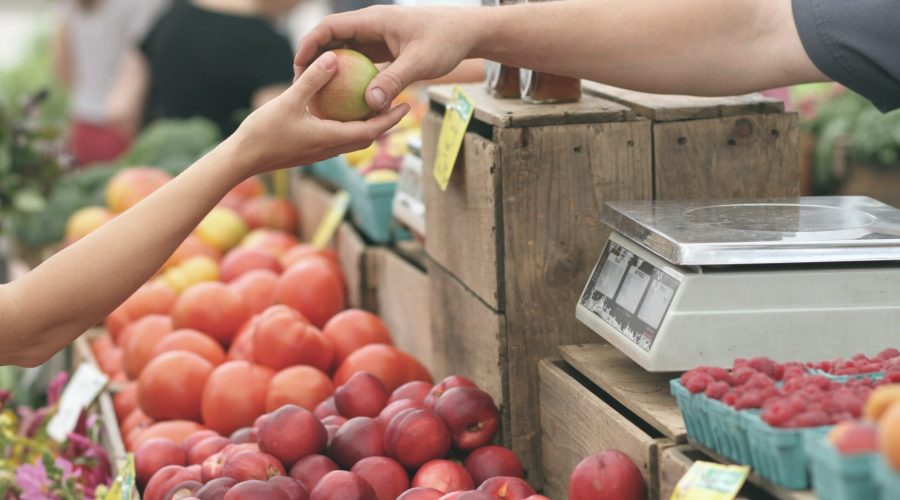It’s time to buy that electric car and start growing your own fruit and vegetables. At least that’s one way of combating higher petrol and food prices!
The average Australian family is said to be spending over $250 a month on petrol which is up $35 from the start of this year.
Grocery bills are also on the way up and could increase by as much as 20% on some items, particularly bread, canned goods and fruit and vegetables over the coming months.
It’s entirely possible that we could see households spending increase by $100 or more a month on the combination of higher petrol and food prices.
This means it’s really time to start thinking about how you can save, Consider the following:
1. Fuel watch. Keep an eye out for any sales by visiting websites like this Petrol Spy one which can help you see the cost of fuel in your local area
2. Avoid unnecessary travel or consider alternative forms of transport such as bike, car pooling or public transport
3. When it comes to food shopping, consider growing your own vegies, herbs and even fruit – although you could be waiting a while for the latter depending on the size of the tree!
4. Shop at the local farmers markets rather than the big outlets as you might find more bargins because transport costs should be cheaper and not applied to your goods.
5. Curb your shopping. It might just be time to look at what you buy. Consider cheaper cuts of meat and try to buy the fruit and veg that’s in season or even frozen.
Woolworths has echoed the sentiment of rival Coles, claiming a combination of COVID-19 related expenses and supply chain issues particularly due to the recent floods in NSW and south-east Queensland, were to blame.
Food inflation is set to see prices rise by between 2%-3% this year. That’s already adding to household inflation expectations, which are at the highest since 2014.
We are seeing fuel prices at the pump nudge above $2 a litre which some analysts are calling the “new normal.”
But one of Australia’s leading energy experts has said he “wouldn’t be surprised” if Australian fuel prices hit as high as $2.50 a litre as the oil market is squeezed by multiple factors.
CEO of energy advisor firm EnergyQuest Graeme Bethune wrote an online Q&A addressing a number of questions he had received about the impact the war in Ukraine was having on oil and petrol prices.
Mr Bethune said the oil market was “very tight” even before Russia’s invasion of Ukraine as the rapid recovery from the COVID-19 pandemic sent demand for oil soaring.
In addition to that there’s been this growing global consensus about the need to reach climate change targets of net zero emissions by 2050 and that’s led to the thinking that oil demand is about to peak and there’s not as much need for further exploration.
Food prices will be elevated too, not least because Ukraine is one of the world’s biggest exporters of agricultural products, accounting for 12% of global wheat trade, 16% for corn and 18% for barley.
Financy helps women become financially fearless and while we’re at it, we ensure that our members – individuals and organisations – are part of the solution to gender financial equality. Subscribe for FREE to our newsletter or dial things up a notch with a Financy Membership.













